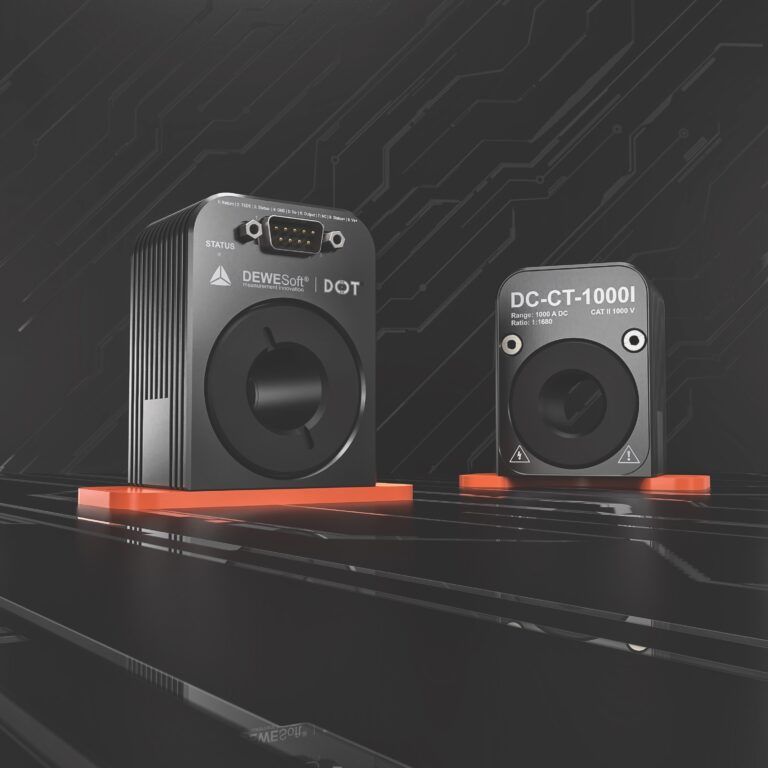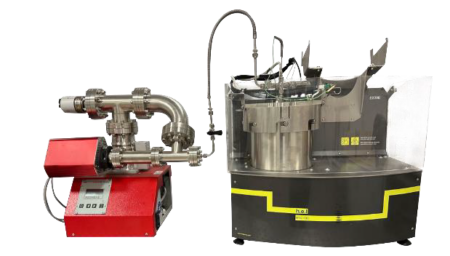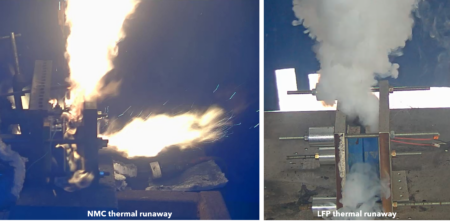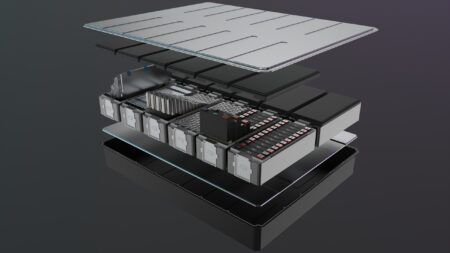Innovations in data acquisition and sensor technology enable precise evaluation and optimization of the components crucial for the future of sustainable transportation.
HEV and EV testing requires high bandwidth, dynamic range, and accurate voltage and current measurement capabilities. This demand stems from the need to evaluate the performance of electromotors and inverters, which are central to the propulsion systems of these advanced vehicles. Data acquisition (DAQ) systems have evolved to meet these requirements by offering faster processing and enhanced capabilities. One example of such an instrument is the SIRIUS XHS from Dewesoft, designed to facilitate detailed motor performance analysis across various parameters, including electrical and mechanical power, efficiency, and thermal behavior.
The SIRIUS XHS DAQ system boasts a sample rate of 15 MS/s and a bandwidth of 5 MHz, enabling it to precisely capture high-frequency voltage and current signals. This high-frequency capability is critical for assessing and optimizing powertrain components, particularly in scenarios where rapid changes in electrical parameters occur. By providing a high-resolution snapshot of motor and inverter performance, the SIRIUS XHS aids engineers in optimizing vehicle powertrains for efficiency and performance.
SIRIUS XHS includes patented SuperCounters that enable engineers to connect torque and RPM sensors directly. The system supports data transfer through the open OPC UA protocol, a popular standard that ensures compatibility with various industrial systems. Additionally, the data is available over XCP or CAN protocols, simplifying the connection to ECU calibration software packages.
Dewesoft’s DC-CT current transducer utilizes patented Platiše closed-loop technology to continuously monitor residual magnetic flux, which results from the differential between the primary and secondary currents. As a result, DC-CT provides the benefits of a zero-flux current transducer while reducing power consumption, allowing the sensor to be smaller. As a result, DC-CT can be installed where other sensors may not fit.
The DC-CT transducer is used in motor testing, inverter analysis, charging station evaluation, and battery testing. Its high bandwidth allows it to analyze harmonics up to 750 kHz and evaluate the PWM switching frequencies encountered in motor controllers. When combined with the SIRIUS XHS DAQ system, the DC-CT transducer facilitates a comprehensive assessment of electric and hybrid-electric vehicle components, particularly in driving cycle tests like the Worldwide Harmonised Light Vehicle Test Procedure (WLTP), which is crucial for determining the range of BEVs, HEVs, FCEVs, and PHEVs.
For the most demanding in-vehicle measurement, Dewesoft offers the SIRIUS-XHS-PWR, a rugged single voltage and single current unit with an integrated DC-CT current sensor. This unit combines SIRIUS XHS and DC-CT technology, providing safe high-bandwidth measurements with up to 2000 V voltage and up to 2000 A current. The chassis is IP67 protected and operates across an extreme temperature range of -20 °C to +70 °C (158 °F).
In summary, Dewesoft’s DAQ systems, combined with advanced sensors like the DC-CT current transducer, provide engineers with robust tools for acquiring synchronized, accurate data from multiple sensors. These technologies support comprehensive testing, analysis, and optimization of HEV/EV vehicles, aiding development across various stages, from prototyping to performance validation. Through innovations in data acquisition and sensor technology, Dewesoft enables precise evaluation and optimization of the electrified powertrain components critical for the future of sustainable transportation.





